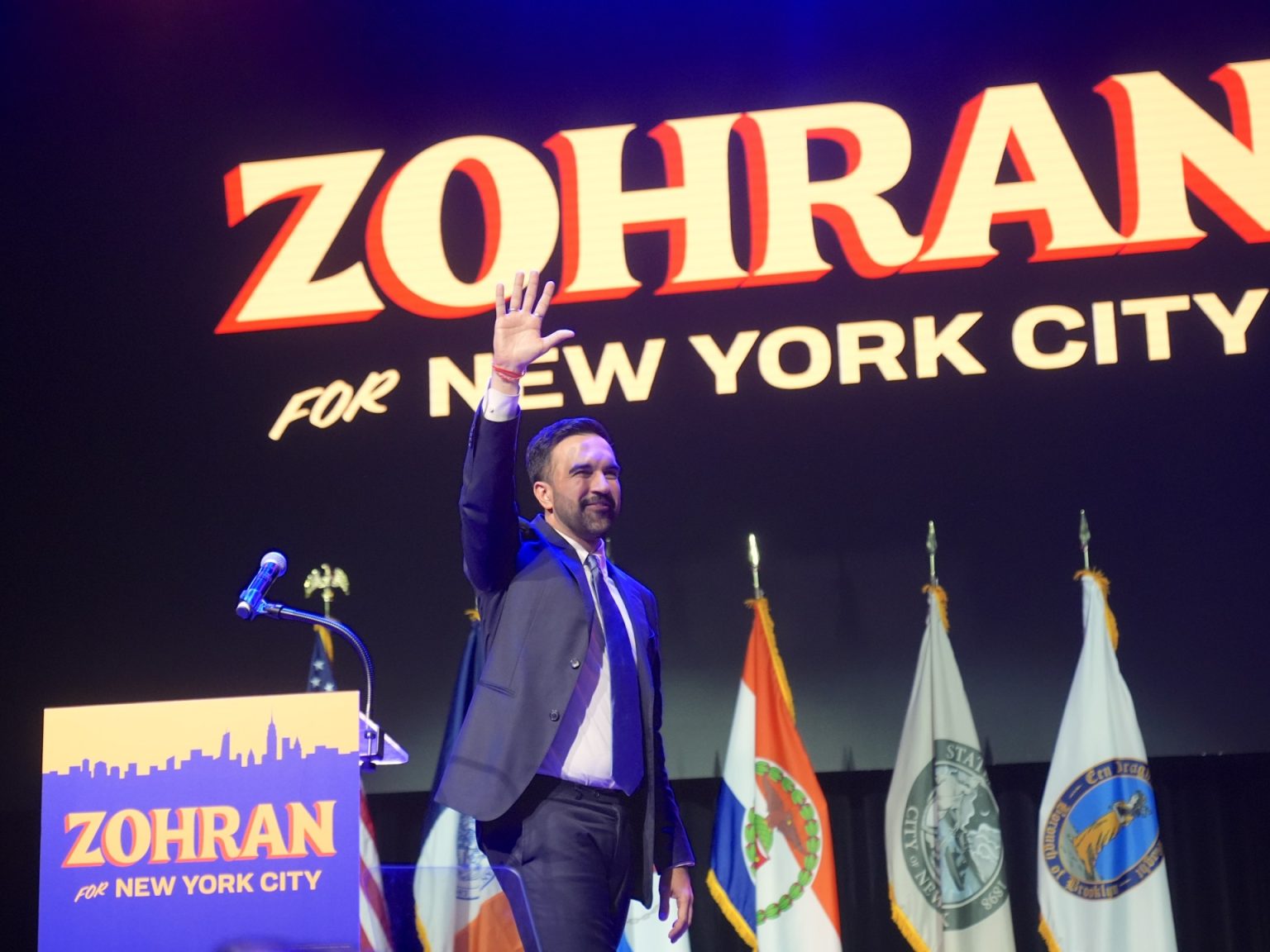The historic election of Zahaan Mamdani as the Mayor of New York City has sent ripples through American politics, culminating in a highly anticipated meeting with President Donald Trump. This encounter, scheduled after Mamdani’s landslide victory on November 21, 2025, marks a pivotal moment, not just for New York, but for the nation, as a socialist, Muslim immigrant prepares to negotiate with a right-wing, long-established political figure. The core of this story revolves around the Zahaan Mamdani Trump meeting, a clash of ideologies and backgrounds poised to reshape the relationship between the city and the federal government.
A Historic Victory and a Direct Challenge
Zahaan Mamdani’s win wasn’t merely a change in leadership; it was a statement. Securing 50.4% of the vote against Andrew Cuomo, who enjoyed the backing of President Trump, Mamdani became the first immigrant, socialist, and Muslim mayor in New York City’s history. His victory speech was notably direct, framing his success as a rejection of Trumpism. He famously declared, “This isn’t just how we stop Trump, it’s how we stop the next Trump,” and challenged the President with a simple, yet pointed, “Turn up the volume.”
Trump’s response, delivered via his Truth Social platform, was equally charged: “And so it begins.” This exchange set the stage for a potentially contentious relationship, particularly given the stark differences in their political philosophies and the contrasting demographics they represent. New York City, a melting pot of cultures and a bastion of liberal thought, stands in stark contrast to Trump’s conservative base.
Contrasting Backgrounds and Political Platforms
The contrast between Mamdani and Trump extends beyond their ideologies. Trump, born and raised in the affluent, predominantly white neighborhood of Jamaica Estates in Queens, embodies the established order. Mamdani, on the other hand, grew up in the diverse, immigrant-rich community of Astoria, Queens. This difference in upbringing profoundly shapes their perspectives and priorities.
Mamdani’s platform is rooted in socialist democratic principles, advocating for policies like rent control, universal childcare, free public transportation, and city-run grocery stores to combat food insecurity. These proposals directly address the rising cost of living in New York City, a key issue during his campaign. This focus on affordable living in NYC is central to his agenda. Trump, conversely, has historically favored policies that prioritize economic growth through deregulation and tax cuts, often with less emphasis on social welfare programs.
Potential Flashpoints: Policy Conflicts and Legal Battles
Several key policy areas are likely to be points of contention during the Mamdani-Trump meeting. Mamdani’s pledge to defend New York City’s status as a sanctuary city, protecting undocumented immigrants from deportation, directly clashes with Trump’s hardline immigration stance. He has vowed to resist any attempts by Trump to deploy the National Guard for immigration enforcement within the city, where 37% of the population is foreign-born.
Perhaps the most explosive issue is Mamdani’s commitment to seeking the arrest of Israeli Prime Minister Benjamin Netanyahu, who is wanted by the International Criminal Court on war crimes charges. Trump has consistently been a staunch supporter of Netanyahu and has previously warned of potential repercussions for anyone attempting to arrest him, even hinting at possible sanctions against Mamdani and the revocation of his citizenship. This potential legal battle is a significant source of anxiety for both sides. The issue of international law and extradition will undoubtedly be a sensitive topic.
The Stakes for New York City and the Nation
The outcome of the Mamdani-Trump meeting could have far-reaching consequences. Trump had previously threatened to withhold federal funding from New York City if Mamdani were elected, arguing that his “communist” policies would undermine the city’s ability to thrive. Restoring a productive federal-city relationship, securing vital funding for infrastructure and social programs, and protecting the rights of New York City’s diverse population are paramount concerns for the incoming mayor.
The meeting also represents a broader test of American democracy. Can a socialist mayor, representing a progressive electorate, effectively negotiate with a conservative president, even in the face of deep ideological divides? The ability to find common ground, or at least manage the conflict, will be crucial for maintaining stability and fostering a more inclusive political landscape. The success of this negotiation could set a precedent for future interactions between cities and the federal government under differing political leadership.
Expectations and Potential Outcomes
The atmosphere surrounding the Zahaan Mamdani Trump meeting is thick with anticipation, and comparisons are being drawn to Trump’s previous, often fraught, encounters with foreign leaders, such as his meeting with Ukrainian President Volodymyr Zelenskyy. Observers fear a similar dynamic – a power play designed to intimidate and undermine the new mayor.
However, Trump is also known for his unpredictable nature and willingness to strike deals. Both men share a common connection to New York City and a demonstrated ability to connect with voters outside traditional political boundaries. Mamdani’s stated goal of addressing the cost of living crisis in New York City provides a potential area for collaboration, as Trump has also campaigned on promises to lower costs for working families.
Ultimately, the meeting is likely to be a delicate balancing act. Mamdani will need to stand firm on his principles while remaining pragmatic enough to secure concessions from the President. The future of New York City, and perhaps the direction of American politics, may well hinge on the outcome of this historic encounter. The focus on urban policy and federal funding will be critical for New York’s future.


